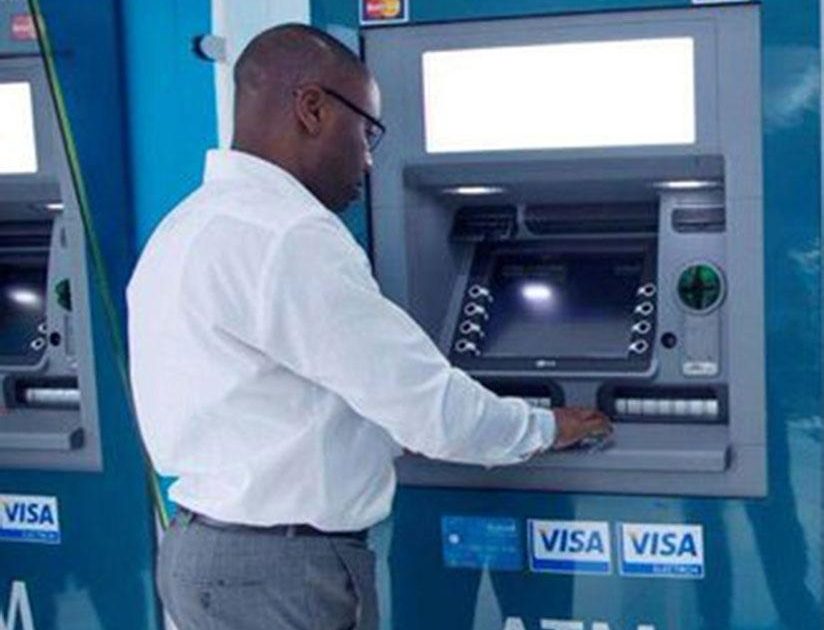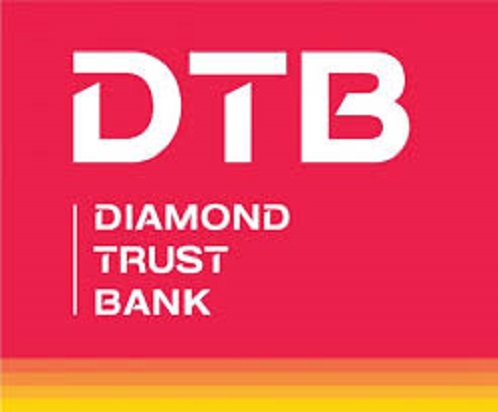Ecobank Rwanda will invest more funds in agency and e-banking as the lender seeks to increase uptake of its digital products and bring on board the unbanked population across the country, official has said.
This comes ahead of planned closure of five of the bank’s branches across the country next month, Rwanda’s New Times reports.
Alice Kilonzo-Zulu, the managing director of Ecobank Rwanda, said the digitalisation of the lender’s banking platform through the launch of digital channels, including the Ecobank mobile app and retail internet banking, is geared at boosting access to credit and financial inclusion.
“These strategic channels will replace some of the inefficient branches and also enable us to reach a wider client base across the country,” she said.
She added that closing some of the bank’s branches is a strategy designed to facilitate one of the key fundamental enablers of Rwanda’s economy through financial and economic inclusion.
“As a financial services institution with a footprint across Africa, Ecobank takes seriously its role of delivering this necessary and innovative transformation to every Rwandan,” said.
Five branches for closure
The five branches that will be closed are Muhanga, Nyagatare, Musanze, Rwamagana and Rubavu. This is in addition to six outlets that were closed in June this year. The bank will remain with only eight branches when the above branches are closed in January. About 50 employees will be affected, but most of them are going to be redeployed in agency banking, according to the bank official.
Financial inclusion
The financial institution said it is striving to address the needs of the unbanked by transforming a mobile phone into an “all-in-one” service delivery channel for all their banking needs.
“With this, Ecobank will be able to serve and reach out to more customers, especially those in the hard-to-reach areas up-country,” added Kilonzo-Zulu.
She noted that electronic digital lies at the heart of the future of banking because banking is no longer about having a physical presence; it is more about what people do in their daily lives at the point when they need to purchase goods and services.
Changing global landscape
According to Kilonzo, the current global economy requires rapid and key changes to drive economies toward technological transformation. This way, Africans will be able to achieve economic and financial inclusion.
“A banking platform that allows integration of Africa through trade and financial transactions requires a transformed financial services ecosystem that provides convenient and cutting-edge solutions,” she added.
Digital push
The National Bank of Rwanda is currently conducting a countrywide sensitisation campaign to raise awareness among the business community, professional groups and general public about the benefits of embracing electronic payment (e-payment) facilities. This is part of efforts to deepen use and access to e-payment systems like credit and debit cards and e-wallets and hence fast-track the realisation of Rwanda’s goal of being a cashless economy by 2024.
The central bank estimates, business community is losing up to 6 per cent in transactions done using hard cash as opposed to only 2 per cent loss incurred when transacted electronically.
According to the Finscope report released last year, formal inclusion was at 68 per cent of which mobile money added to 23 per cent.
Experts believe that with more and more digital financial service products, economies like Rwanda will at least enjoy low cost of providing financial services by up to 90 per cent, enabling providers to serve lower income customers profitably.





